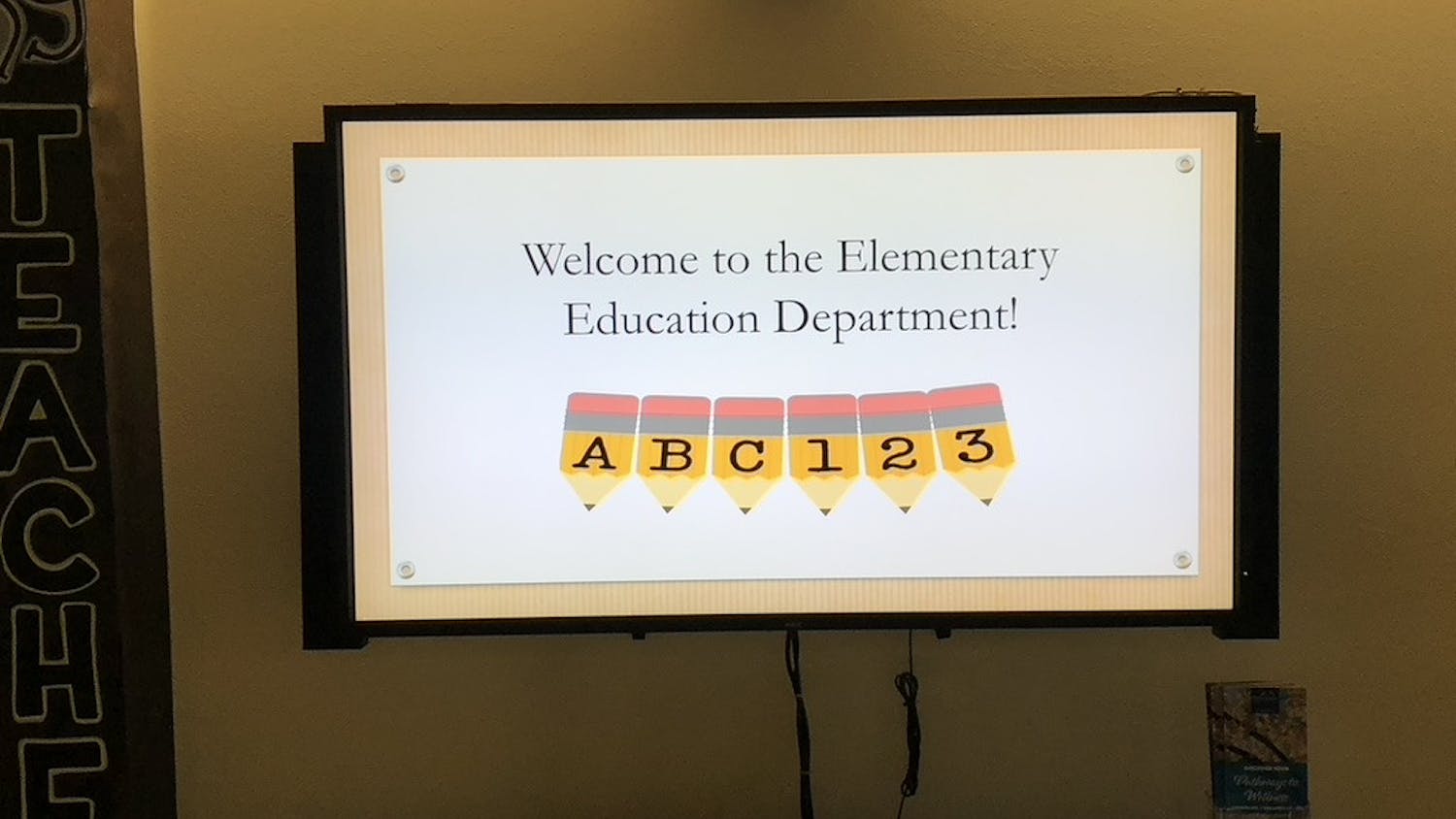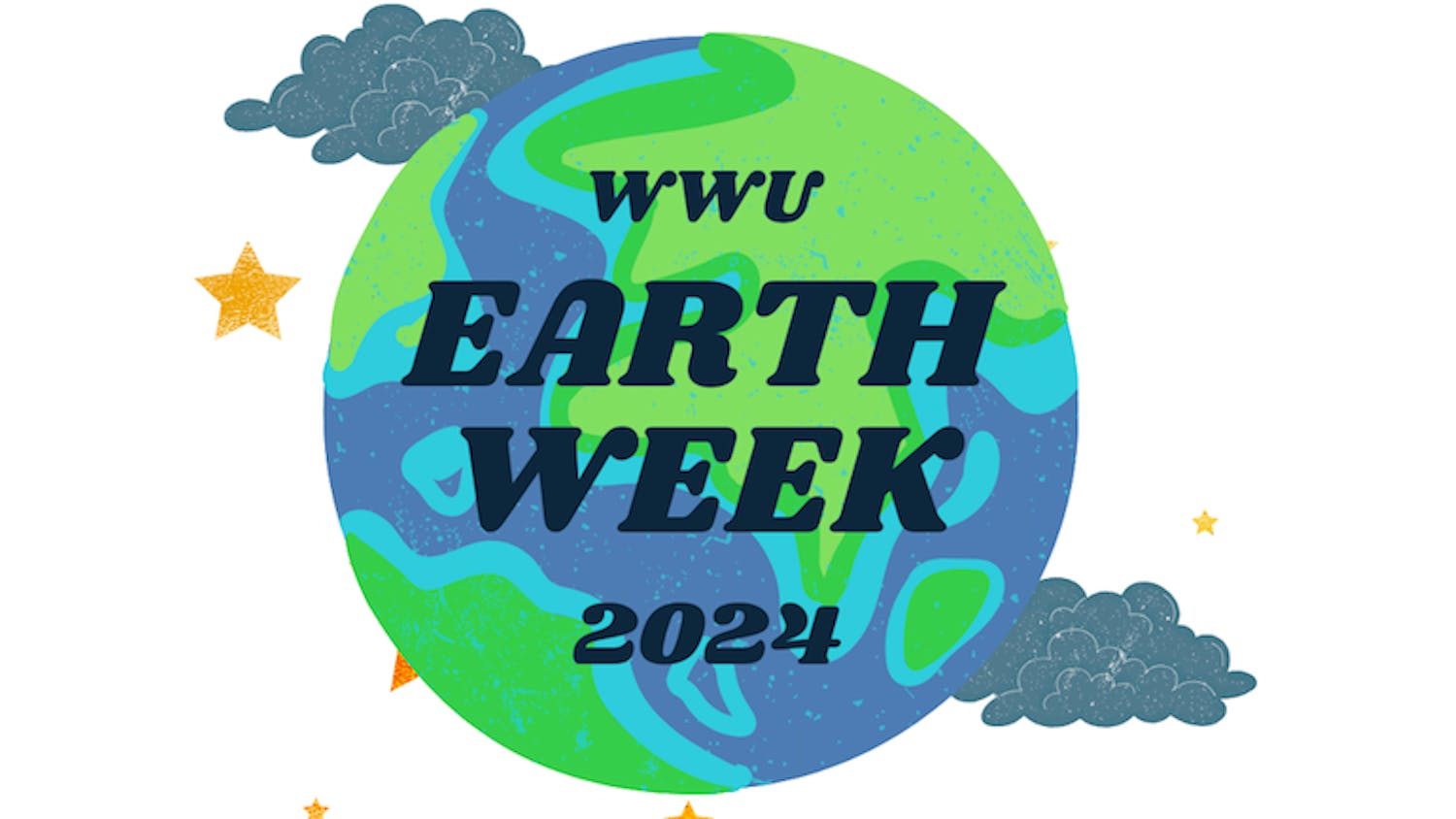Aims for students to gain knowledge in climate sustainability and justice

The Office of Sustainability at Western has launched a new certificate to provide students with paid internships and a practicum based on climate justice.
“I was excited to have an opportunity where I could take classes and learn about these issues and actually get internships in ways to build my resume and work toward my career while focusing on the issues I care about,” said second-year Western student Solomon Duke, who has been involved in climate justice for eight years.
The Climate Leadership Certificate is a 15-19 credit certificate at Western that includes sustainability leadership-specific courses and paid internships for 12 students centering on climate justice, said Lindsay MacDonald, interim director of Western’s Office of Sustainability. The certificate received about 50 applicants after opening, Macdonald said.
“The bottom line is we need more leaders who are out in the world working on addressing climate change and creating more sustainable communities,” MacDonald said. “This certificate has emerged partly out of just that necessity for the broader world, that we need more Western graduates that are engaging in that work.”
Andrew Wineke, communications director for the Washington State Department of Ecology Air Quality and Climate Policy Program, recognizes the importance of students studying climate change.
“Young people both have the longest time to feel those [climate change] effects, and of course, they’re going to be in the best position to do something about it,” Wineke said.
However, Mike Ewall, executive director of the Energy Justice Network, warned that college climate education does not always lead to climate justice.
Many students who want to make the world a better place end up with student debt after going to college, Ewall said. This debt causes them to choose high paying jobs which are not always centered on climate justice, he said. Ewall suggested that students may even end up working for the polluters he fights.
Student debt makes it difficult for students to pursue climate justice, Ewall said.
“If you’re going to come out of school with a ton of debt, you don’t have as many choices,” Ewall said. “You can’t go into that job and then you notice something that violates your ethics and you blow the whistle and lose your job potentially.”
Many students think they will change institutions from the inside and instead get sucked into the system themselves, Ewall said.
“It’s important to make a decision early on whether you want to be a part of the system, or you want to be fighting the system ‘cause you rarely can do both,” Ewall said.
Dominique Thomas is the New York and mid-Atlantic organizer of 350. 350 is an organization that is “an international movement of ordinary people working to end the age of fossil fuels and build a world of community-led renewable energy for all,” according to its website.
The best way to fight for climate justice is to get involved with local climate activist groups, Thomas said.
“The young people are the ones who are really leading the charge on a lot of the climate initiatives,” Thomas said. “They definitely will be the people who have the interests in starting your own group or joining some of the local off-campus efforts that are going on. And seeing what’s going on in the community are really great ways to get involved.”
Real world activism is valuable, Ewall said.
“It's important just to have those life skills of being able to stand up for your community and know how to fight the system and influence, or take over local governments and leverage that power against corporate polluters,” Ewall said.
The certificate plans to provide off-campus climate leadership opportunities through paid internships that take place in the community, MacDonald said.
“There’s just so much value in working in community and working within local organizations to understand. How does the information that I learned in the textbook translate to the real world?” MacDonald said.
Thomas is empowered and inspired by youth taking the lead on climate activism.
“I just really love seeing them take on leadership and really leading the charge,” Thomas said.
It is important that young people learn climate leadership skills, Duke said.
“It's important for young people to get out there and learn how to lead,” Duke said. “Most young people know that this is a real issue that needs to be dealt with, and if they have the tools to do it themselves, that's really powerful.”





